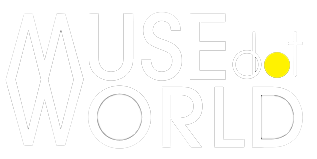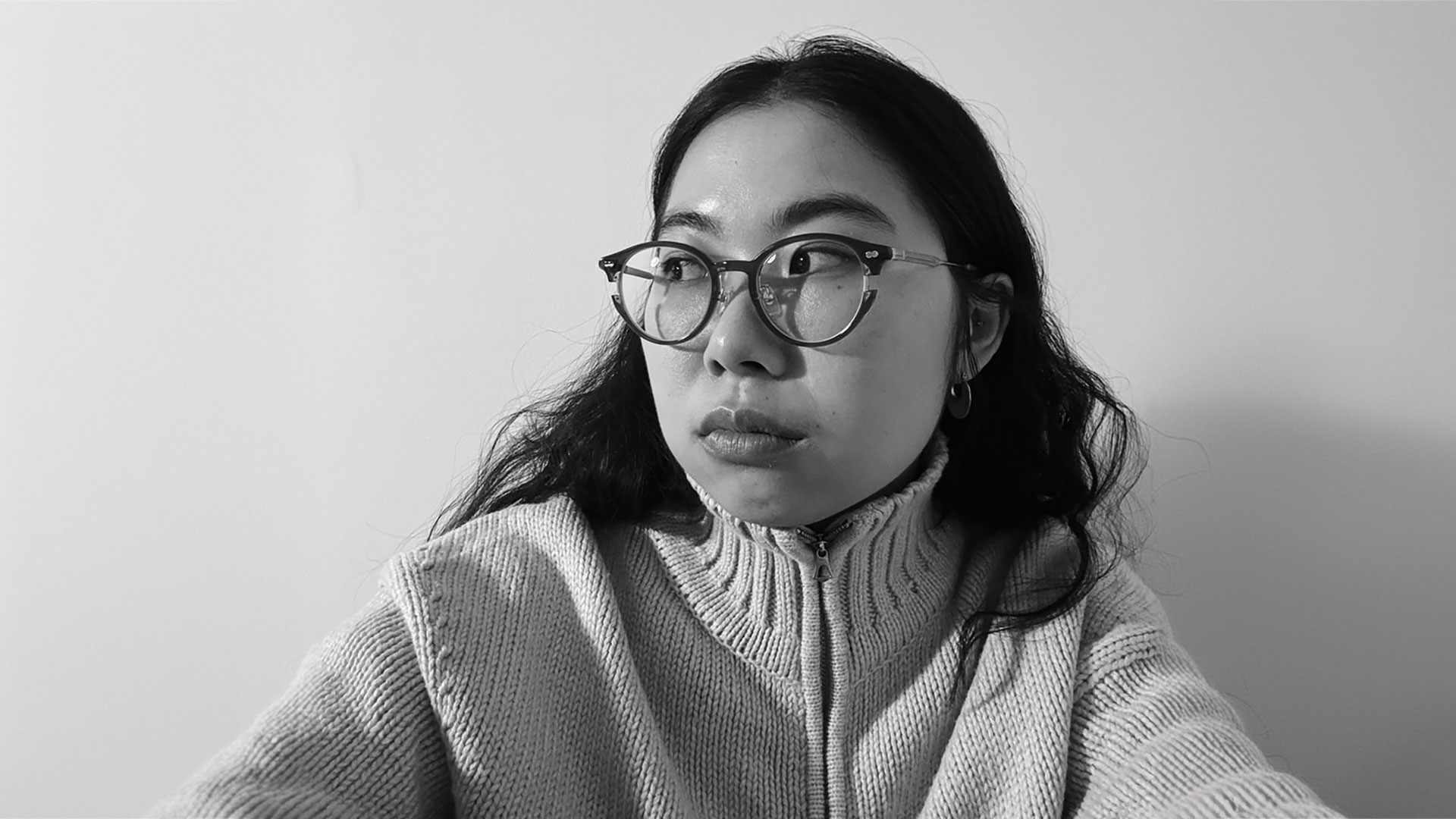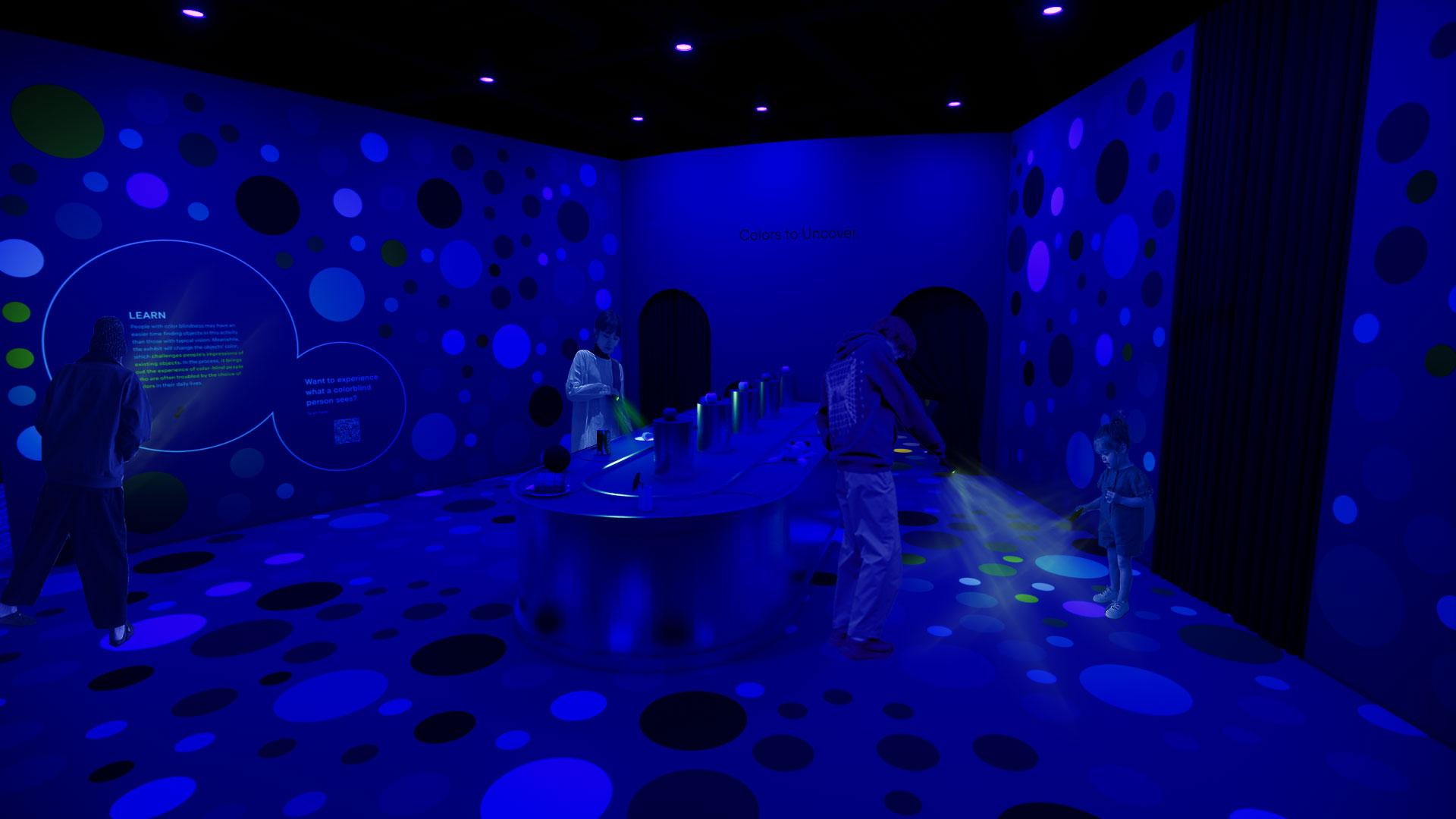1Please give us a brief bio of yourself and your creative background.
Hi, I'm Wan-Ting Lin, a dedicated spatial designer passionate about shaping immersive environments that leave a lasting impact. I earned my bachelor's degree in Landscape Architecture Design where I discovered my love for creating meaningful connections between people and spaces.
To explore a more narrative approach in design, I pursued studies in MA exhibition and experience programming at the Fashion Institute of Technology in New York. Throughout my academic journey, I delved into the principles of experiential design, exploring how design influences human interactions.
2What made you become/why did you choose to become a creative?
I have a strong interest in the dynamic relationship between humans and space. The way people shape the user experience through design interventions continually motivates me to delve deeper into this field and explore its boundless potential.
3Tell us more about your business/company, job profile, and what you do.
Having recently graduated from FIT a few months ago, I am currently working at an experiential marketing agency in New York. Through my involvement in various pop-up and event projects, I've gained valuable insights into this industry, broadening my understanding of its nuances.
4What does “creativity” mean to you?
To me, creativity serves as both a catalyst for exploring new possibilities and a driving force for enhancing the quality of design.
5To you, what makes a “creative” idea and/or design?
Additionally, I recognize the significance of taking breaks. Allowing my mind to rest at the appropriate moments often sparks the generation of more intriguing ideas.
6Tell us about your creative and/or design process.
As an experiential designer, I prioritize user experience. My approach typically begins by adopting the user's perspective, allowing me to tailor distinct experiences according to diverse target audiences.
7What's your favorite part of the creative process and why?
Preliminary research is a source of fascination for me, as exemplified by my award-winning project on color blindness. Before embarking on designing for this condition, I find the process of conducting interviews and research to comprehend color blindness incredibly intriguing. This endeavor not only deepens my connection with individuals affected by color blindness but also provides a novel viewpoint on design.
8Describe your creative style and its main characteristics.
I believe in placing significant emphasis on storytelling within my design projects. My pursuit in design has always revolved around effectively conveying the core concept to the experiencers through spatial techniques.
9Do you think your country and its cultural heritage has an impact on your creativity process?
Absolutely! For experiential design specifically, being immersed in a particular cultural context can provide unique perspectives and insights into how people interact with spaces, objects, and each other. It can inform the designer's understanding of aesthetics, user behaviors, and sensory experiences.
10Congratulations! As the winner of the 2024 MUSE Creative Awards, what does it mean to you and your company and team to receive this award distinction?
I am very happy that my work has been recognized, which makes me more motivated to create more meaningful designs!
11Can you explain a bit about the winning work you entered into the 2024 MUSE Creative Awards, and why you chose to enter this project?
The exhibition focuses on color blindness, aiming to widen public recognition and empathy towards this condition. By immersing visitors in the challenges faced by color-blind individuals, the exhibition encourages them to reconsider their perspectives.
Through this immersive experience, the goal is to raise social awareness and understanding of color blindness.
12What was the biggest challenge with this project?
Even though I don't have color blindness myself, having friends who do has prompted me to empathize with their daily experiences. It was initially challenging to understand their perspective, but it allowed me to appreciate their reality better. I'm thankful for the chance to collaborate with my color-blind friends to ensure the exhibition is inclusive for them.
13How has winning an Award developed your practice/career?
The acknowledgment of my work is uplifting, reinforcing my belief in the meaningfulness of addressing color blindness. This recognition strengthens my conviction in the importance of focusing on this issue.
14What are your top three (3) favorite things about our industry?
Inclusion, creativity, and inspiration.
15What makes your country specifically, unique in the creative industry?
My decision to focus on color blindness issues was indirectly influenced by my country's remarkable tolerance and empathy towards various ethnic groups and narratives.
16Where do you see the evolution of creative industry going over the next 5-10 years?
The design industry will experience a significant impact from AI. As designers, it's crucial for us to strategize on leveraging its benefits to craft compelling and emotive works by integrating technology effectively.
17If you were a student entering this industry or an aspiring MUSE Creative Awards submitter, what advice would you give them?
Be bolder, focus more on storytelling, and think about what is meaningful.
18What resources would you recommend to someone who wants to improve their skills in the creative industry?
Exploring various design case websites or magazines can enhance our creative perspective and critical thinking skills.
19Tell us something you have never told anyone else.
Sometimes, my meticulous attention to detail in my work goes unnoticed by others. Regrettably, I've found myself in this situation multiple times, realizing later that I've inadvertently spent a significant amount of time on it.
20Who has inspired you in your life and why?
Growing up, my passion for design was deeply shaped by my parents, both of whom are involved in the design industry. Their influence instilled in me a love for design from a young age. Additionally, their unwavering support further reinforced my decision to pursue a career in the design industry.
21What is your key to success? Any parting words of wisdom?
I believe that persistence is crucial in any endeavor. Despite facing setbacks that may discourage us, it is only through persisting in our efforts that we can uncover new perspectives and approach challenges with a more comprehensive mindset.




